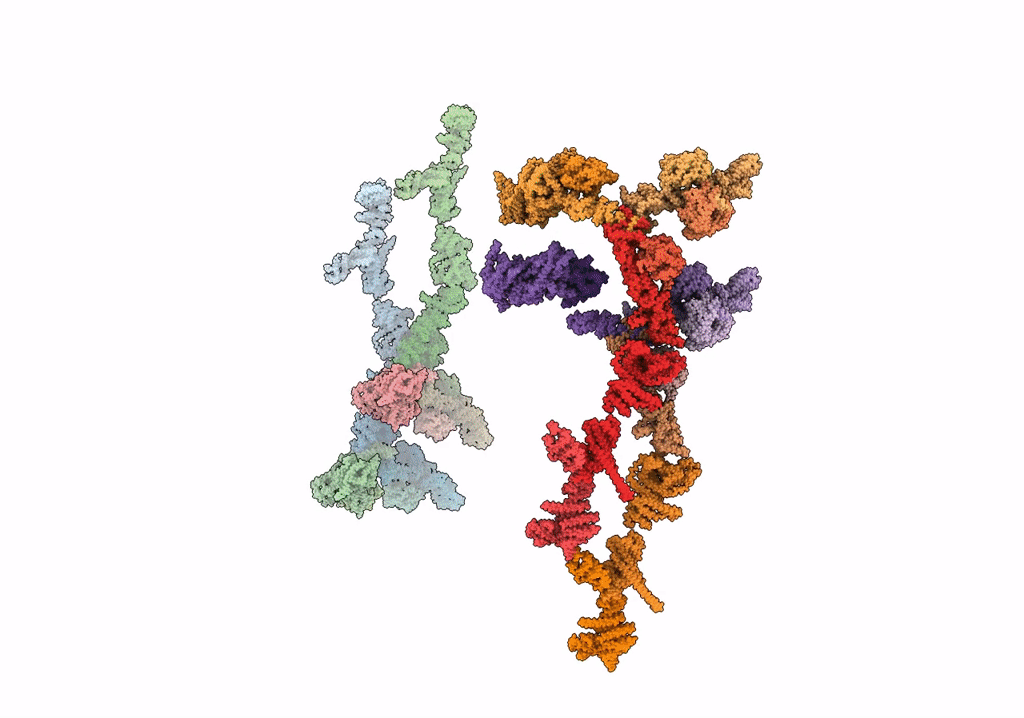
Deposition Date
2021-08-11
Release Date
2021-10-20
Last Version Date
2024-07-17
Entry Detail
PDB ID:
7PEQ
Keywords:
Title:
Model of the outer rings of the human nuclear pore complex
Biological Source:
Source Organism(s):
Homo sapiens (Taxon ID: 9606)
Method Details:
Experimental Method:
Resolution:
35.00 Å
Aggregation State:
CELL
Reconstruction Method:
SUBTOMOGRAM AVERAGING


